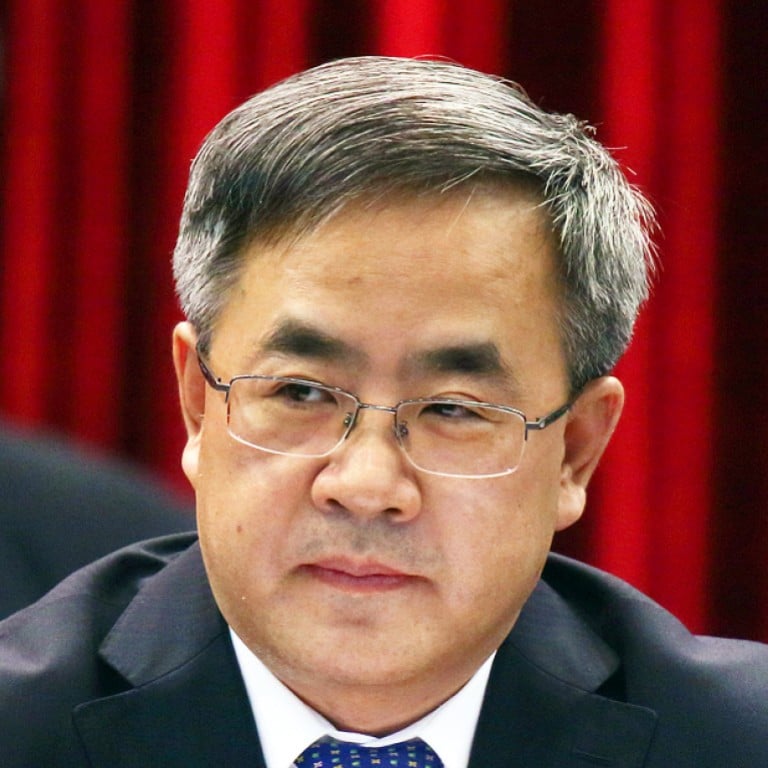
Guangdong Free Trade Zone to launch on March 18: sources
Ambitious scheme to launch on March 18, after the end of NPC; unclear whether three other free-trade zones, hit by delays, will follow suit
The high-profile Guangdong Free Trade Zone (FTZ) will be launched on March 18, soon after the National People's Congress, an officially backed trade association and a source close to the matter said.
The government-supported Guangdong Cross-Border E-Commerce Association said on its official microblog and in a notice to its members that the date of the zone's launch had been rescheduled for next Wednesday as Hu Chunhua, the Communist Party head of Guangdong and Zhu Xiaodan , the province's governor, would attend the unveiling ceremony and give a speech.
Another source close to the matter confirmed the date.
What we know ... and don’t know about China’s plans for Guangdong Free Trade Zone
"The provincial leaders intend to launch the free-trade zone on [March 18], if no surprise arises," the source said.
The country's three new free-trade zones - Fujian, Guangdong and Tianjin - were originally scheduled to open on February 27 and March 1, but were then postponed until after the annual parliamentary sessions, which end on Sunday.
Shanghai's free-trade zone, the first one in the country, has also delayed the official relaunch of its expanded zone. However, it is not clear if the Fujian, Tianjin and Shanghai zones will also open on March 18.
The postponements were ordered because top leaders were unsatisfied with the latest proposals by the local governments, some Guangdong-based experts said late last month.
"I think [debate over] the date of the zone's launch has already settled down," said Lin Jiang , a member of a think tank under the Guangdong government and deputy chief of Sun Yat-sen University's free-trade zone Research Institute.
"The key to the Guangdong free-trade zone is cross-border collaboration with Hong Kong and Macau and the setting up of a supervisory body.
"Even if some high-ranking officials of some ministries still have different opinions and suggestions on details, they can consult with the provincial government after the launch," he said.
In its proposal, Guangdong plans to focus on deepening economic integration with Hong Kong and Macau, to foster a business environment under the rule of law that matches international standards.
The Guangdong zone will cover 116 sq km, taking in parts of Guangzhou's Nansha New Area, Qianhai and Shekou in Shenzhen as well as Hengqin in Zhuhai.
Meanwhile, the free-trade zone in Fujian will focus on transactions between Taiwan and the mainland, while the free-trade zone in Tianjin will serve Beijing, Tianjin and Hebei province.
Huang Xingguo, the mayor of Tianjin, said yesterday in Beijing at the NPC delegation meeting that the Tianjin zone would learn from the Shanghai free-trade zone and serve the "One Belt, One Road" strategy.
He said Tianjin had advantages in finance leasing and administrative system reform, and the government would forge the zone into an innovative trial project.
Last week, Shanghai mayor Yang Xiong said at an NPC meeting that the city would announce new major free-trade zone policies "this year" and would ensure closer cooperation with Hong Kong on free-trade zones.


